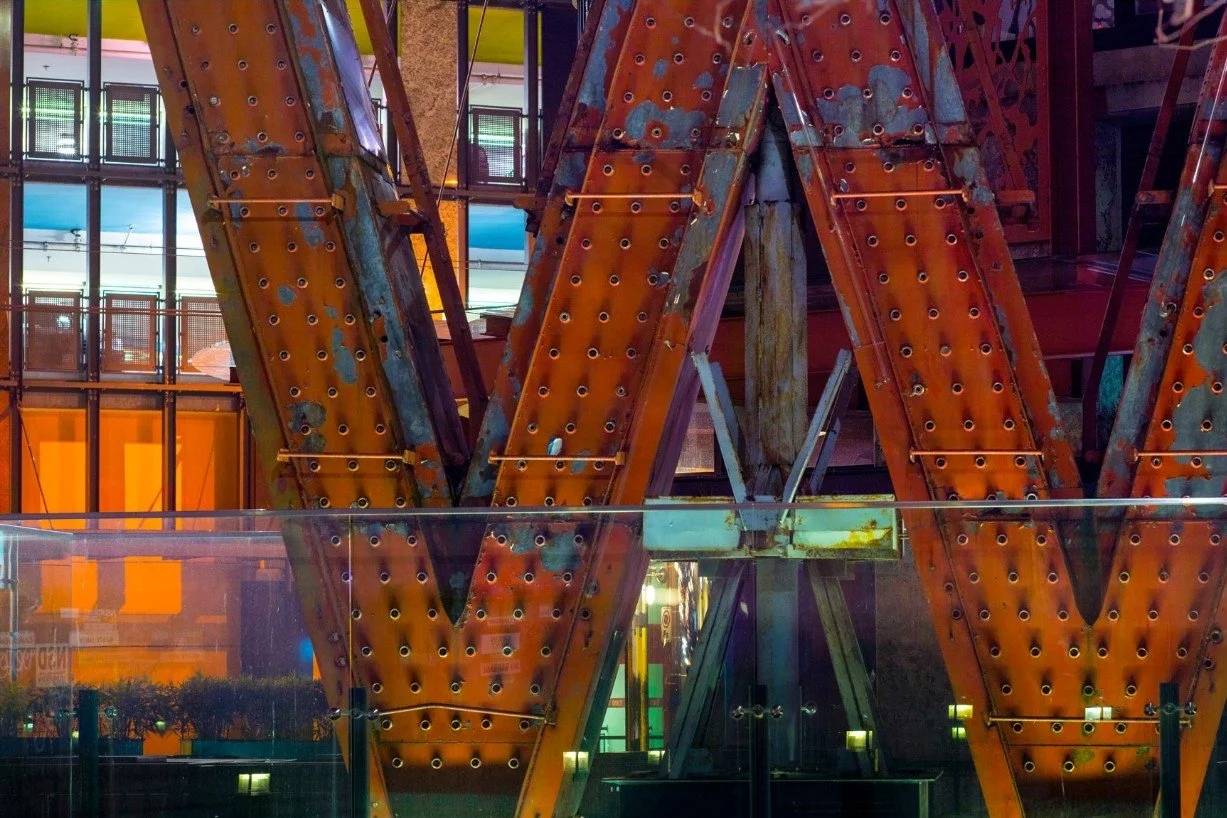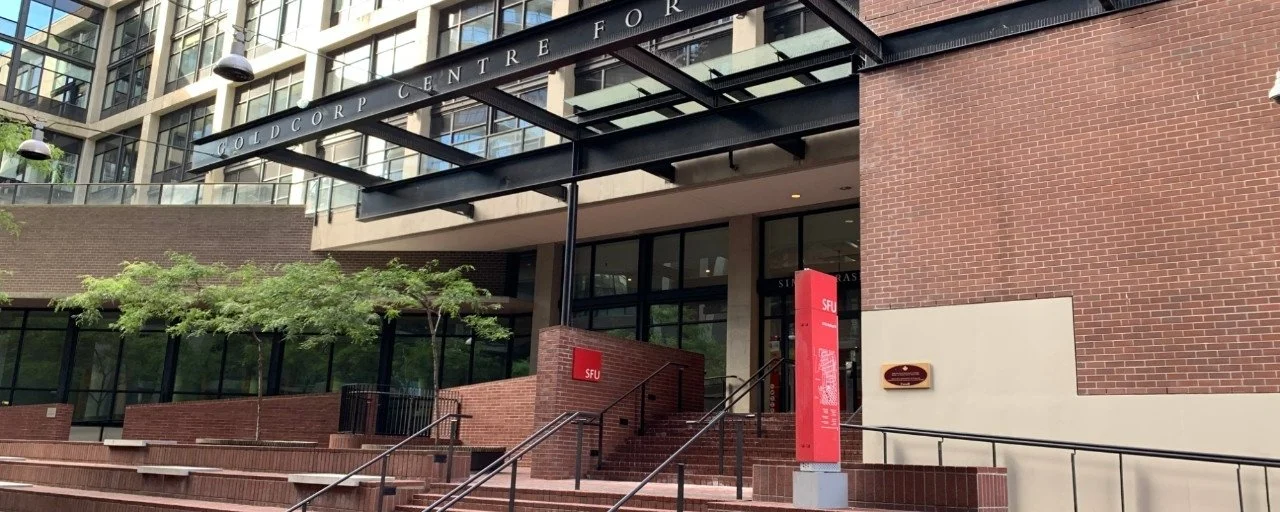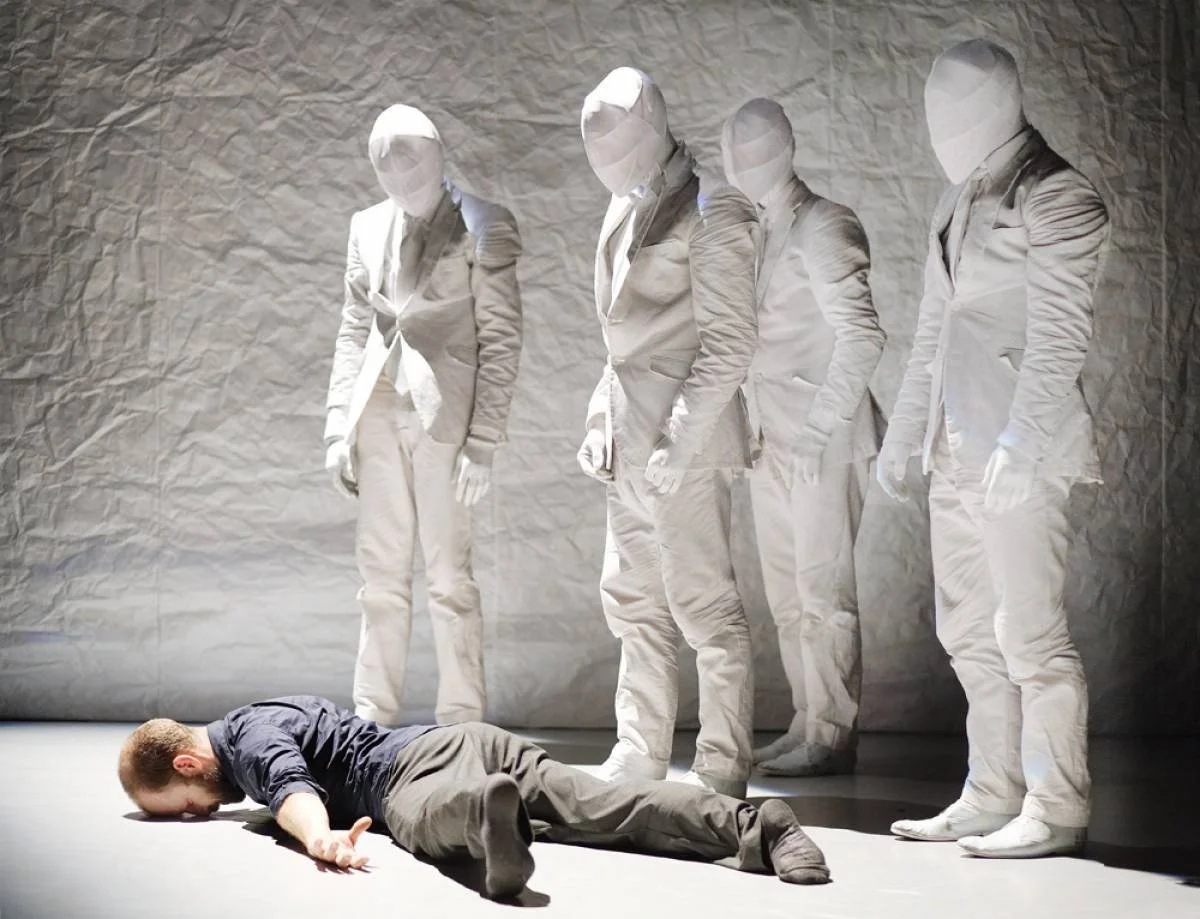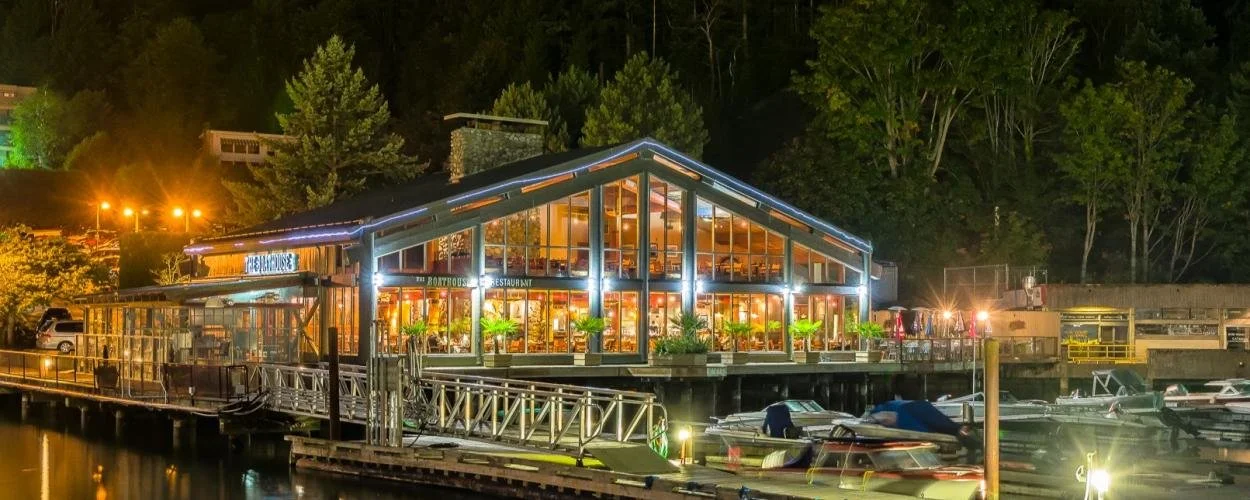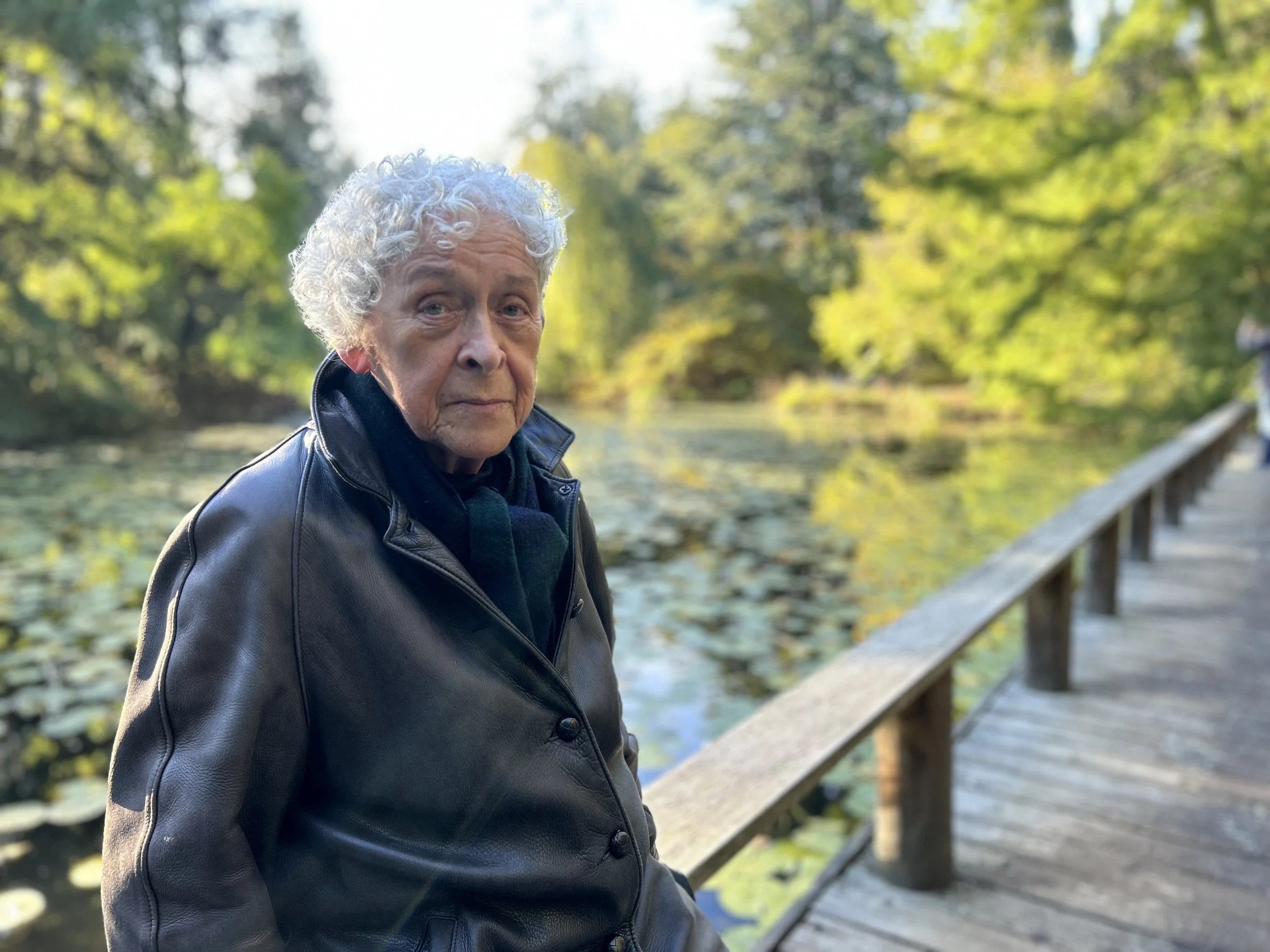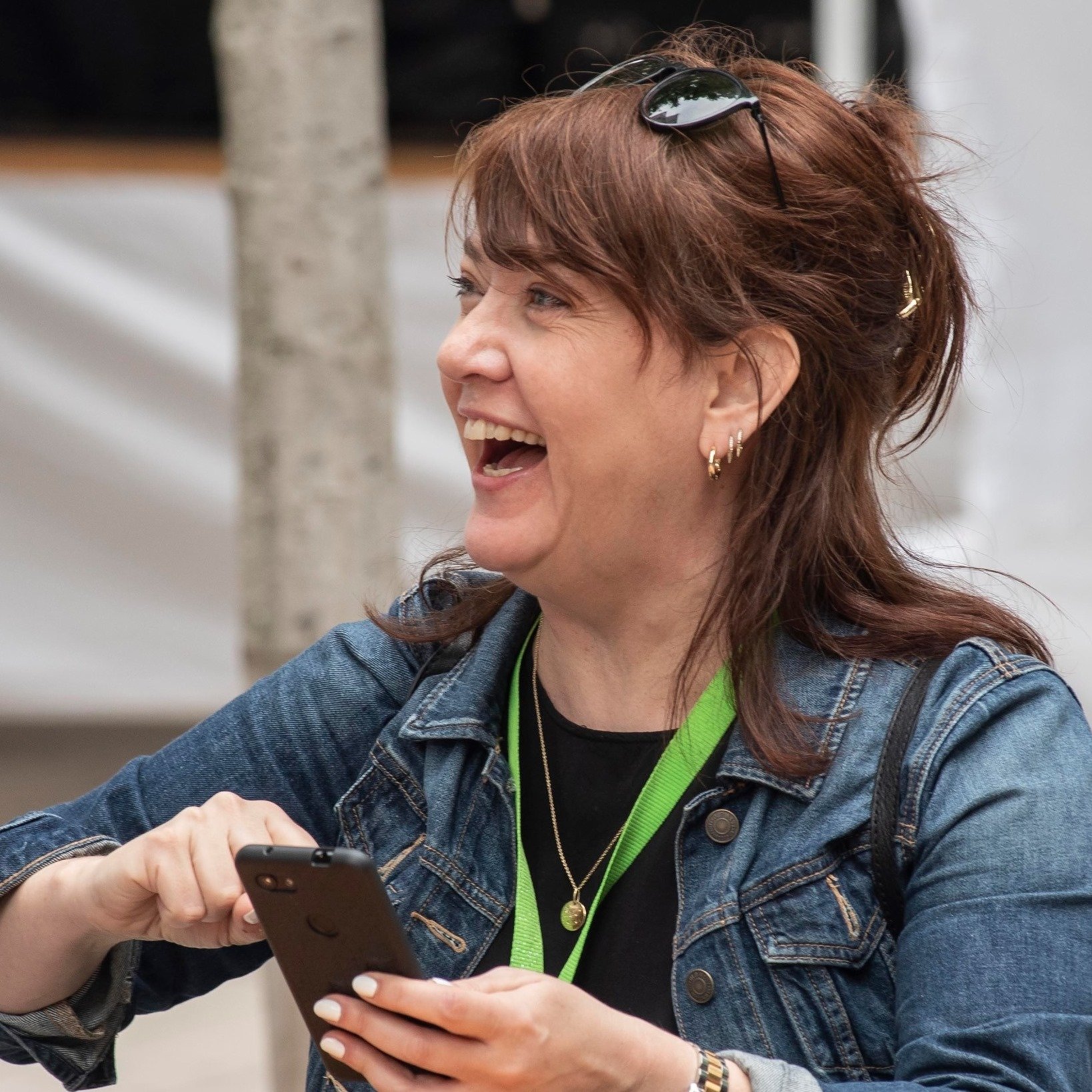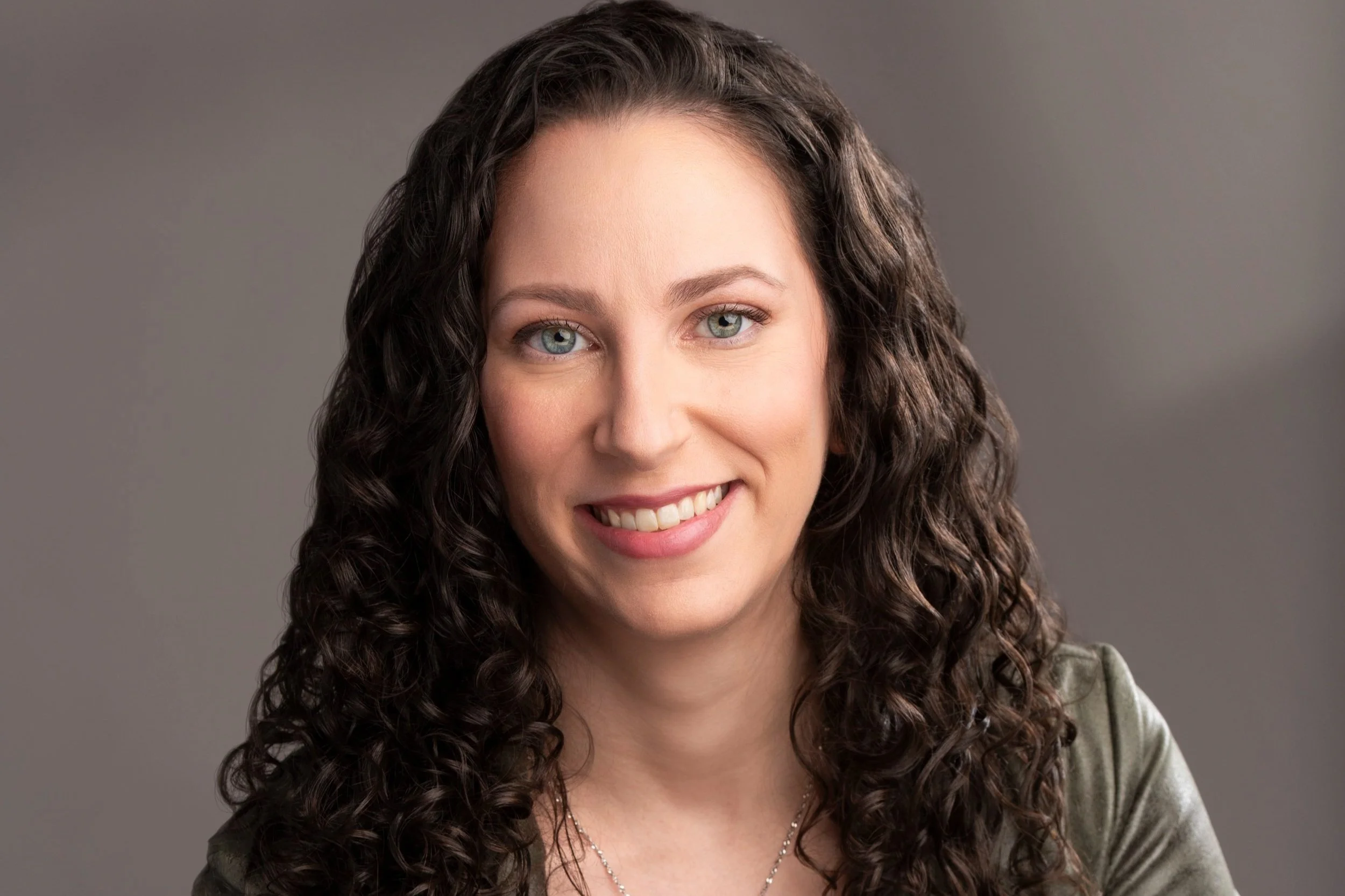SFU announces end of SFU Woodward’s Cultural Programs
University VP says “financial realities” mean the end of programming, commissioning, and presenting of new performances with dozens of Vancouver arts-group partners
AFTER 15 YEARS, Simon Fraser University is ending SFU Woodward’s Cultural Programs (SFUW)—which has co-produced, commissioned, and presented more than 200 performing-arts projects a year, partnering with dozens of Vancouver cultural groups, since 2010.
In an emailed statement received by Stir, Joanne Curry, vice-president of external relations at SFU, said, “Given current SFU financial realities, SFU Woodward’s Cultural Programs (SFUW) will not be continuing with its programming, commissioning and presenting of new performances going forward. SFU will continue its strong relationships with the arts and culture sector through Goldcorp Centre for the Arts venue rentals, the School of Contemporary Arts, SFU Galleries, VanCity Office of Community Engagement and many other SFU Faculties and departments.”
The news, announced today, follows a wave of layoffs at the university earlier this month, which saw more than 85 staff positions eliminated—including director of SFU Woodward’s Cultural Programs and Partnerships, which had been held by Michael Boucher since the program’s inception in 2010. In March, the university’s provost posted a public message noting that the institution was estimating an annual deficit totalling $20.9 million for the 2023-24 fiscal year, and projecting that to rise to an estimated $49.9 million during the 2024-25 fiscal year.
SFU Woodward’s Goldcorp Centre for the Arts.
SFUW has been an important catalyst in Vancouver’s cultural sector since it opened the Goldcorp Centre for the Arts in 2010 during the Vancouver 2010 Cultural Olympiad, when it co-produced Robert Lepage’s Blue Dragon and First Nation / Second Nature installation with the Audain Gallery. It has gone on to support the creation of new works in dance, theatre, cinema, music, and digital arts, partnering with over 25 professional cultural partners across the Lower Mainland.
“This is a tremendous loss for Indian Summer, as SFU is our founding partner, with SFU Woodward’s as our founding cultural partner,” Laura June Albert, executive managing director of Indian Summer Arts Society, told Stir in a phone call. “We’ve been partnering with them for the last 14 years, the entirety of Indian Summer’s history…on commissioning original work and collaborative presentations and co-presentations….I think they leave a legacy in their wake through both their own history of commissioned work as a presenter of local and international artists and their collaborations with international artists over the years, and also through their partnerships with organizations such as ourselves.”
Albert added that she is an alumni of the School for the Contemporary Arts, which is headquartered at SFU Woodward’s, noting: “I benefitted in important ways from being inside that cultural hub that was both the school and a presenter. And having work presented alongside my studies was something that really supported my career development.”
Jim Smith, executive director of DanceHouse, called the decision to end SFUW’s cultural programming “infuriating”. “It’s really unfortunate, when you think about the work and investment of Michael [Boucher]’s personal effort, and all the people and resources that SFU put into building the community presence in that campus,” he told Stir by phone, noting that DanceHouse has co-presented a number of works in the Fei and Milton Wong Experimental Theatre, housed at SFU Woodward’s. “It’s hard to see it washed away in a single stroke. There’s nothing to suggest that it’s a temporary measure.”
While the university has said its SFU Woodward’s venues will be available to arts groups as rentals, Smith said he anticipated there would be less access to the Fei and Milton Wong Experimental Theatre than before. “There is such a dearth of performing arts venues in Vancouver, particularly if you look at per capita basis compared to other Canadian cities. The Chan Centre is less available as it’s been taken over by the [UBC] School of Music. Now this happens with Wong Theatre…. Vancouver audiences are now going to be denied the opportunity of having some artistic work come into this town, because we don’t have a venue that appropriately supports it.”
He added, “SFU has facilities, and they’re often available during periods when academic season isn’t being utilized. That was the work that Michael Boucher and team were doing. In a sense it means venues will sit idle, because it’s not the role of the academic community to make these venues available otherwise.”
On its website, SFU has publicized SFU Woodward’s Cultural Programs’s mandate as “a beacon for the performing arts community in the Lower Mainland. Our vision is to enable creativity and leading-edge practices in the contemporary arts through collaborative community relationships. With support from Simon Fraser University and the generosity of our donors, SFUW supports professional cultural initiatives through dynamic partnerships, engaging the Lower Mainland’s diverse arts community and our immediate inner-city neighbours.”
SFU Woodward’s was the founding partner of the Indian Summer Festival, co-presenter of the PuSh Festival’s Industry Series, and co-presenter of nine film festivals, including the DOXA Documentary Film Festival, Vancouver International Film Festival, Vancouver Latin American Film Festival, Rendez-Vous French Film Festival, and others. Additional community partners have included DanceHouse, the PuSh International Performing Arts Festival, the Talking Stick Festival, Action at a Distance, Electric Company Theatre, Hard Rubber Orchestra, Vancouver Moving Theatre, and more. With today’s announcement, those relationships are set to come to an end, with the venue returning to a rental model.
Over the years, SFU Woodward’s Cultural Programs has presented such big-name shows as French Canadian theatre legend Robert LePage’s technically stunning, autobiographical 887; Crystal Pite/Kidd Pivot’s The Tempest Replica, the choreographic star’s epic, storm-tossed take on Shakespeare’s The Tempest; and Lisa Jackson’s Indigenous-futurist multimedia installation Transmissions, all at the Fei and Milton Wong Experimental Theatre. It also presented Vancouver art icon Stan Douglas’s immersive Circa 1948 in its atrium in 2015.
Kidd Pivot’s Tempest Replica. Photo by Jorg Baumann
This season, SFUW has hosted the soldout DanceHouse coproduction of Spanish flamenco sensation Rocío Molina’s Caída del Cielo (whose run was cut short due to picketing by SFU’s striking TAs), Théâtre la Seizième and PuSh International Performing Arts Festival copresentation L’amour telle une cathédrale ensevelie, and, most recently, the DOXA closing-night film Any Other Way: The Jackie Shane Story.
Among its upcoming engagements, SFUW is scheduled to copresent Company 605’s world premiere of lossy as part of the Dancing on the Edge Festival in June, as well as Indian Summer Festival events in July.
One of the program’s best-known initiatives was commissioning and co-producing the annual holiday tradition Bah Humbug! with the Vancouver Moving Theatre, in partnership with Full Circle: First Nations Performance. The reimagining of A Christmas Carol, which often starred Jim Byrnes and Sam Bob, and in its later shows featured artworks by Richard Tetrault, raised proceeds for the Downtown Eastside Heart of the City Festival and forged ties with the community where SFU Woodward’s sits.
The dissolution of the partnerships will have wide reaching impacts on the city’s cultural scene. Keep an eye on Stir for updates as we reach out to affected artists and groups. Find more coverage here. ![]()


